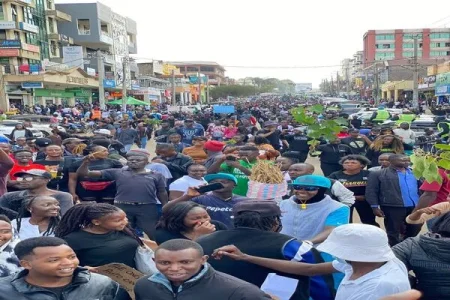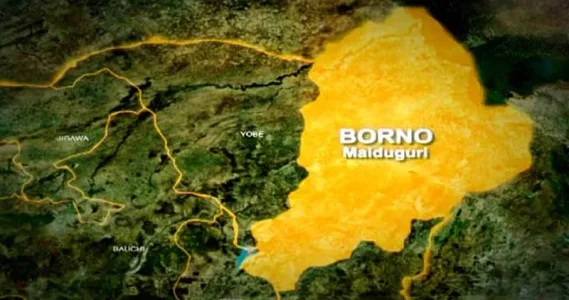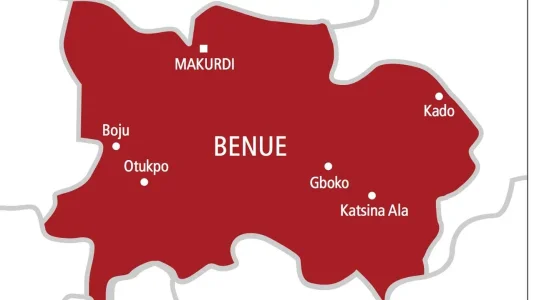
Kenyan youth-led protests against tax hikes spark discussions among Nigerians. Social media reactions range from admiration for Kenyan activism to self-reflection on Nigeria's political engagement. The "Occupy Parliament" movement in Kenya prompts comparisons with Nigeria's economic challenges and youth participation in politics.
As thousands of young Kenyans take to the streets protesting against proposed tax hikes, Nigerians have been quick to draw comparisons to their own country's situation. The Kenyan demonstrations, dubbed "Occupy Parliament," have spread nationwide, with protesters blowing whistles and chanting slogans like "Ruto must go."
On social media, many Nigerians expressed admiration for the Kenyan youth's activism, with some lamenting the perceived lack of similar action in Nigeria. One user praised the Kenyans' unity, contrasting it with debates in Nigeria over political movements and social media trends.
Others drew parallels to Nigeria's economic challenges, suggesting that such protests could be beneficial in their country. Some Nigerians criticized their compatriots for not organizing similar demonstrations against government policies they disagreed with.
However, not all reactions were supportive. A few commenters cautioned against protests, warning of potential negative consequences for the country's stability. Others questioned the effectiveness of street demonstrations, suggesting alternative means of addressing economic grievances.
The Kenyan protests have sparked discussions about youth engagement in politics, government accountability, and economic policies across African nations. As the situation in Kenya continues to unfold, many Nigerians are watching closely, debating the merits and risks of such public displays of dissent in their political context.




